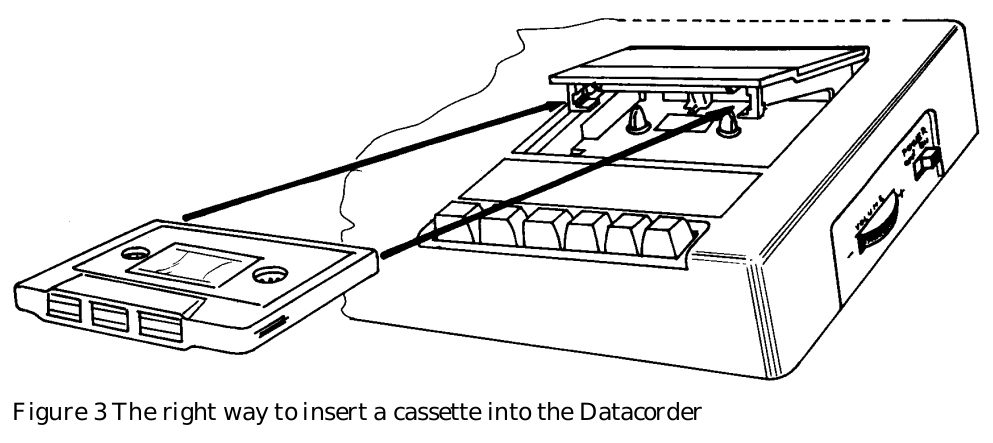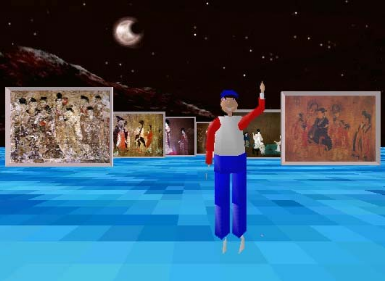In a nutshell the purpose is this:
your domain should function as a kind of universal online passport, allowing you to sign in to various services and applications simply by entering your personal URL
Desmond does a great job of explaining the nitty-gritty of how it works, too. The two bits I bolded below jumped out at me – a decentralised authentication mechanism leveraging DNS as a user registration system. It’s very elegant.
The process of using your domain to log in to sites and services is called web sign-in and is implemented via a protocol called IndieAuth, an extension of OAuth used for decentralized authentication.
If your goal is to make a social network out of the world wide web, there is a certain elegance to the idea of leveraging DNS as a user registration system.

 The Internet!
The Internet!
